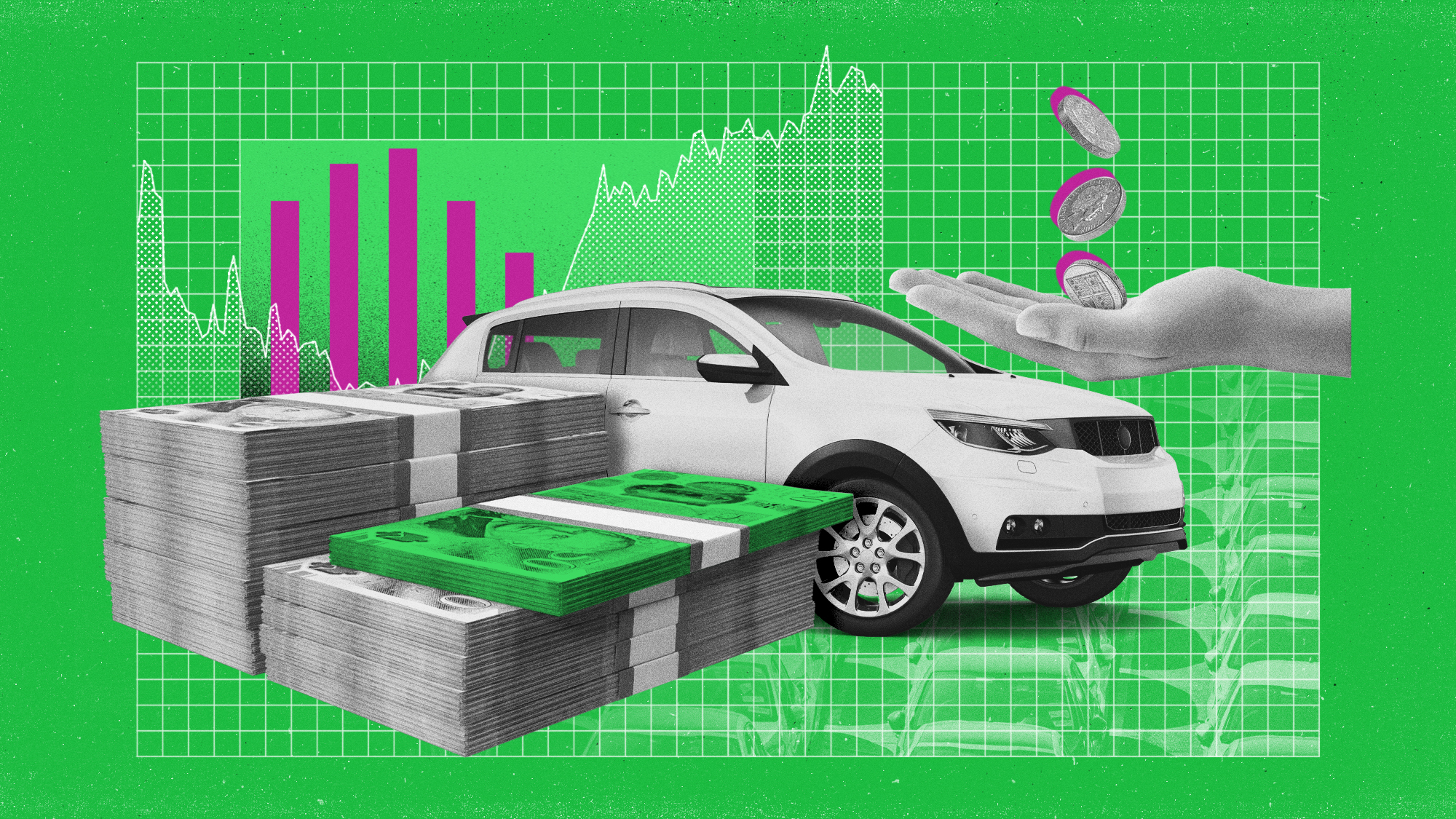Car Finance Mis-Selling Ruling: A Potential Financial Headache for Banks?

The recent judgment in the car finance mis-selling case has offered a degree of relief for major financial institutions, but don't celebrate just yet. While the worst-case scenario – a blanket requirement to refund all interest paid on affected loans – has been avoided, the ruling still presents a significant and potentially costly challenge for banks and lenders. Matthew Lynn explores the implications of this landmark decision and why it could still trigger substantial payouts and reputational damage.
The Background: A Widespread Problem
The mis-selling case centers around the practice of lenders taking commissions from car dealerships for selling finance products to consumers. This created a clear conflict of interest, as dealerships were incentivized to push customers towards higher-interest loans, regardless of their affordability. Thousands of consumers have alleged that they were misled or unfairly charged excessive interest rates as a result.
The Judgment: A Mixed Bag
The High Court's decision was a complex one. It acknowledged that the commissions system was inherently unfair and that some consumers were indeed mis-sold finance. However, the court ruled against a sweeping demand for full interest refunds, citing concerns about the potential impact on the financial system. Instead, the judgment allows consumers to claim back the commission they paid, plus interest on that amount.
Why Banks Are Still Concerned
While the judgment isn't as devastating as initially feared, several factors suggest that banks should be bracing for significant costs. Firstly, the sheer volume of potential claims is enormous. Millions of car finance agreements were affected by the commission system, and many consumers are now actively pursuing compensation. Secondly, the interest on the commission payments could add substantially to the overall cost. Thirdly, the ruling has opened the floodgates for further litigation and regulatory scrutiny.
The Long-Term Impact
Beyond the immediate financial costs, the car finance mis-selling case has broader implications for the banking sector. It highlights the importance of ethical sales practices and the need for robust oversight of financial products. Banks will likely face increased pressure to review their sales processes and ensure that they are fair and transparent. The case also serves as a cautionary tale for other industries where commission-based incentives could create conflicts of interest.
Looking Ahead
The final bill for the car finance mis-selling scandal remains uncertain, but it is likely to be substantial. Banks and lenders will need to manage these claims effectively and work to restore consumer trust. The case underscores the importance of responsible lending and the need for regulators to closely monitor the financial industry to prevent similar abuses in the future. The legal battles are far from over, and the fallout from this ruling will be felt for years to come.






